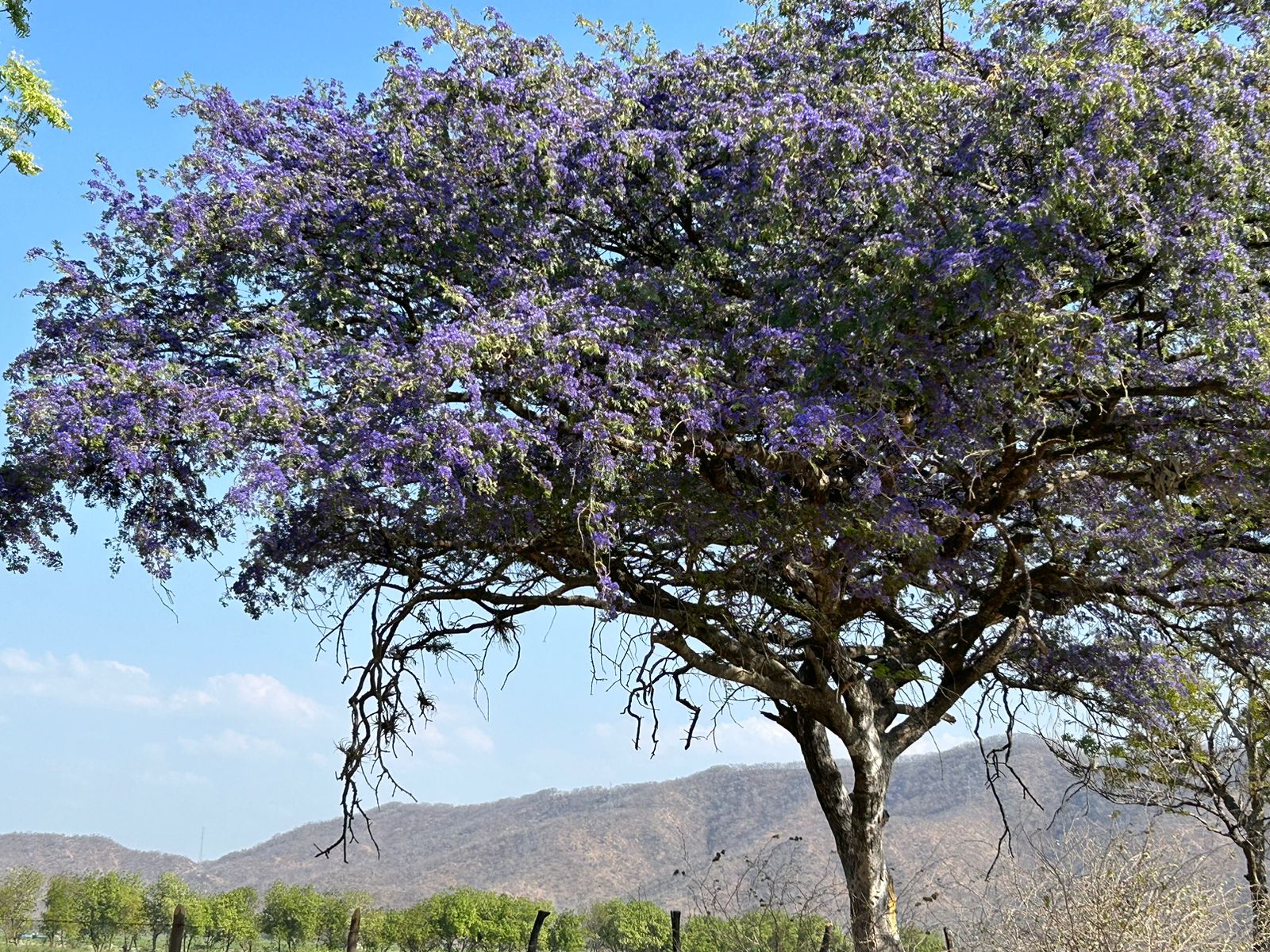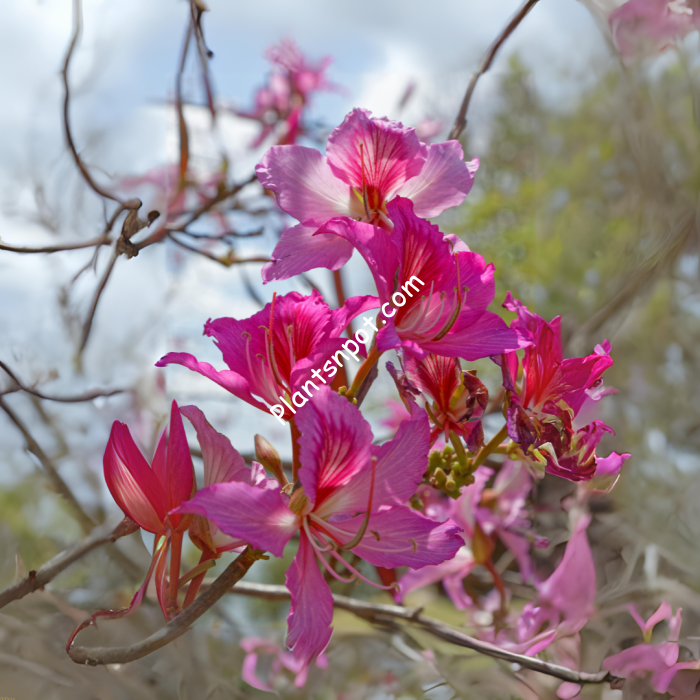All Price(s) mentioned are exclusive of delivery charges, Delivery charges will be confirmed upon order confirmation.
Shop
Rare Baobab Tree
Growing a baobab tree in Pakistan can be a challenge due to differences in climate and soil conditions compared to its native habitat in Africa. However, with proper care and attention, it’s possible to cultivate baobab trees in suitable regions of Pakistan.We have seed grown 8-10 ft long plants.For more details whatsapp.
- Climate: Baobab trees thrive in hot, dry climates. They are well-adapted to semi-arid and arid regions with low rainfall. In Pakistan, regions with a similar climate, such as parts of Sindh and Balochistan provinces, may be suitable for growing baobab trees.
- Soil: Baobab trees prefer well-drained, sandy or loamy soils with good aeration. They are tolerant of poor soils, including rocky or sandy substrates. In Pakistan, soils with good drainage and a slightly acidic to neutral pH are ideal for baobab cultivation.
- Sunlight: Baobab trees require full sunlight to thrive. They should be planted in an open, sunny location where they can receive direct sunlight for the majority of the day.
- Watering: While baobab trees are drought-tolerant once established, they still require regular watering during the establishment phase. In Pakistan, where water may be scarce, it’s important to provide adequate irrigation, especially during the dry season or periods of prolonged drought. However, it’s crucial not to overwater, as baobabs are susceptible to root rot in waterlogged soils.
- Temperature: Baobab trees are sensitive to frost, so they should be protected from freezing temperatures. In Pakistan, regions with mild winters or where frost is rare are more suitable for baobab cultivation.
- Propagation: Baobab trees can be grown from seeds. The seeds should be scarified or soaked in water for 24 hours before planting to improve germination rates. Plant the seeds in well-drained soil at a depth of about 2-3 cm. Germination may take several weeks to months.
- Protection: Young baobab trees may need protection from browsing animals, such as goats or cattle, which may feed on the tender foliage. Fencing or other forms of protection may be necessary until the trees are established.
- Maintenance: Once established, baobab trees require minimal maintenance. Pruning may be necessary to remove dead or damaged branches and to shape the tree, but otherwise, they are relatively low-maintenance.
It’s important to note that baobab trees grow slowly, especially in the early years. Patience is key when growing baobabs, as they can take several years to reach significant size. Additionally, obtaining seeds or seedlings from reputable sources is essential to ensure the genetic integrity of the tree. Overall, with proper care and attention to environmental conditions, baobab trees can be successfully grown in suitable regions of Pakistan.





